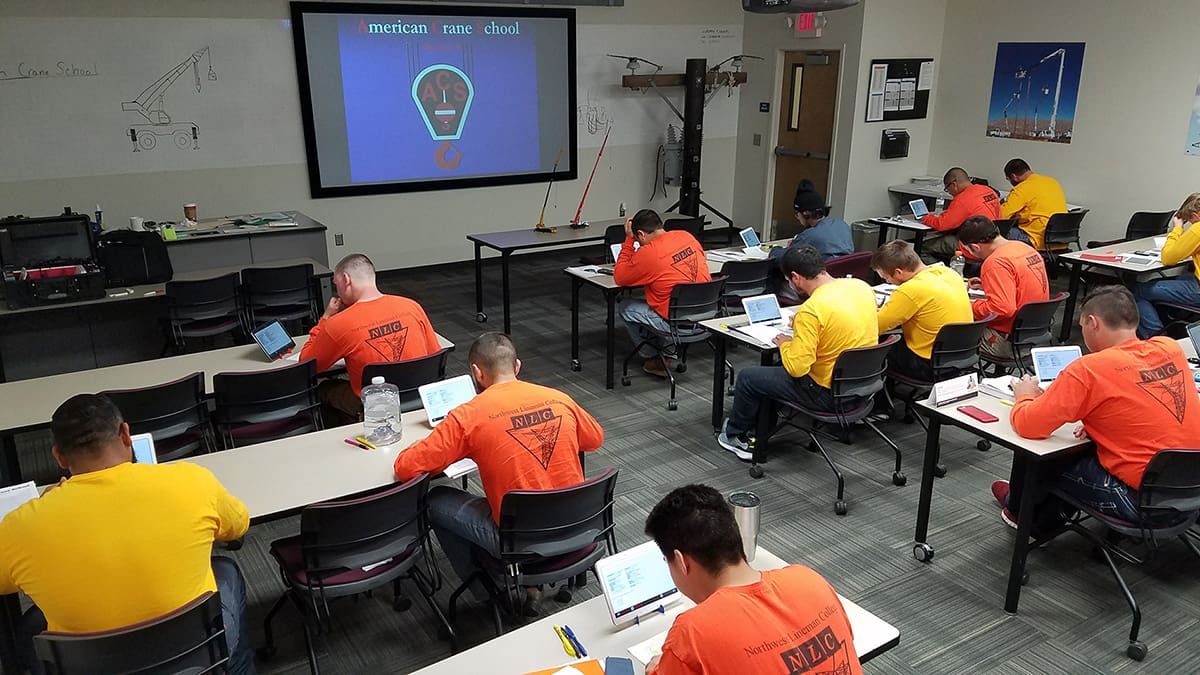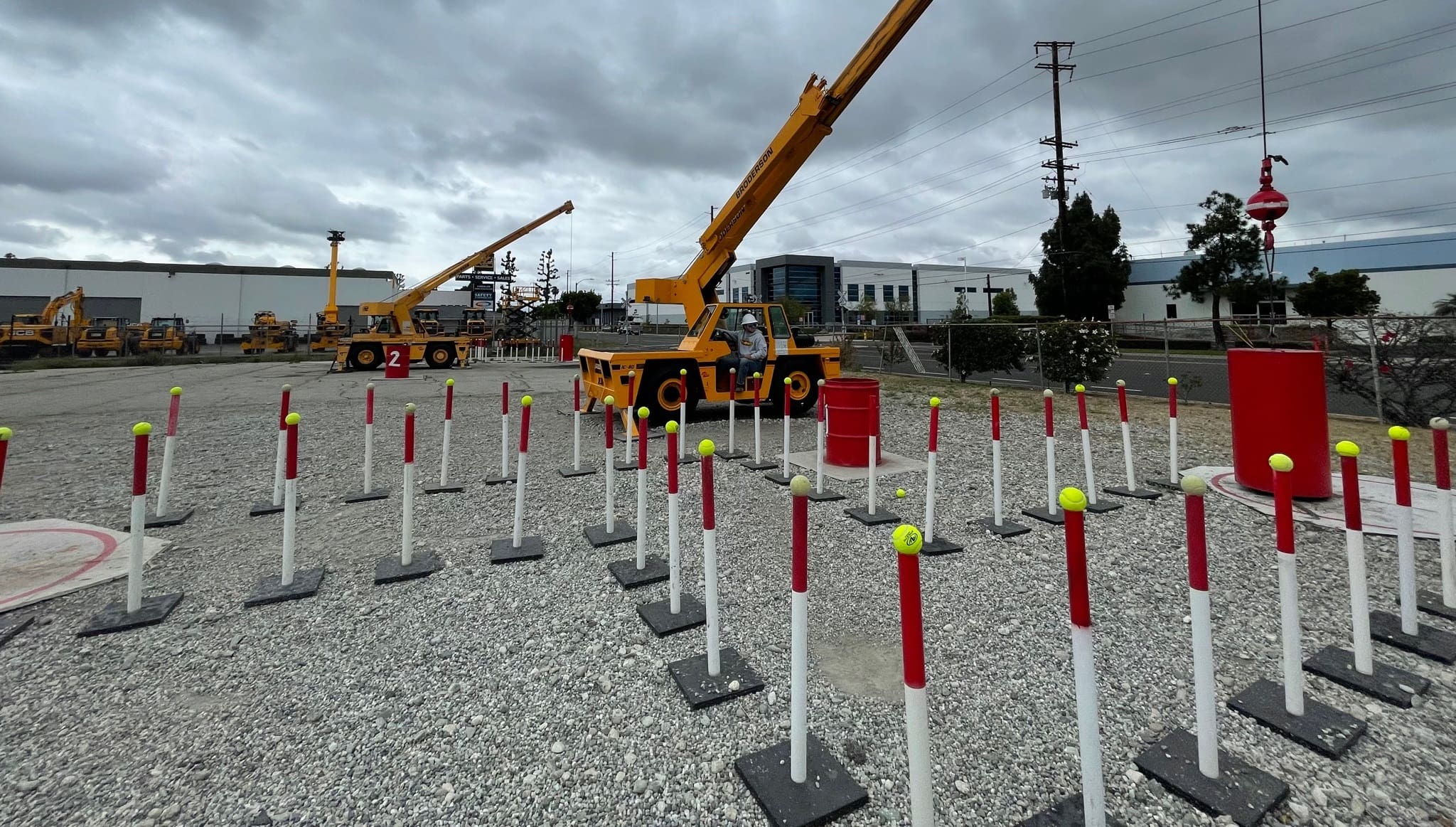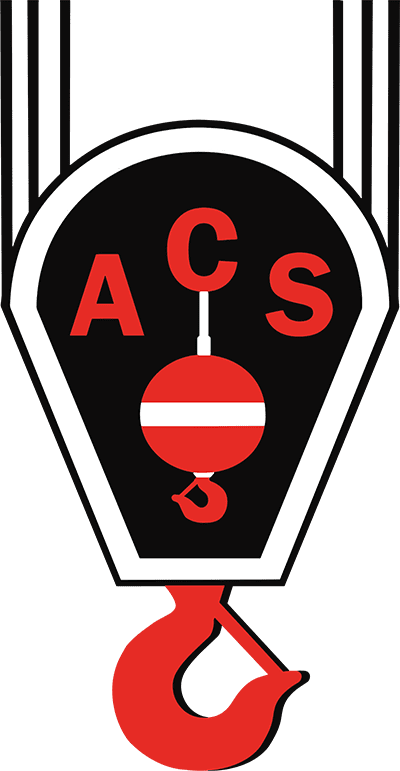
Whether you are a seasoned crane operator or completely new to operating a crane the topic of crane operator certification is something you must understand. We’ll be covering everything you need to know if you’re curious about becoming a crane operator or need to make sure you’re compliant with all the legal requirements when operating a crane.
Crane Operator Wages Nationally
Crane operators make a median hourly wage of over $30/hr and an annual median wage of over $64,000/yr. The industry is strong and growing with high demand throughout the United States.

Resources: Data collected from the U.S. Bureau of Labor Statistics.
Industries that need crane operators
Tower cranes and mobile cranes are used commonly in construction sites and construction related work. Utility and telecommunication companies commonly use mobile cranes for various operations, such as power line maintenance and repair. The oil and drilling, shipping, storing, mining and maritime utilize a variety of cranes including mobile, tower and overhead cranes. HVAC companies use mobile crane services to assist in moving their equipment.
OSHA Final Rule requires Crane Operator Certification
OSHA’s Final Rule specifies that operators within the construction industry must be certified to operate a crane.
Certification vs Qualification
Certification is accomplished when the crane operator has passed the certification requirements (i.e. passing certain accredited examinations). “Employer Qualification” of operator which requires written documentation of the operator’s competence with a particular machine in a particular configuration.
Resources: Qualification & Certification Fact Sheet
Other state laws
Some states have additional requirements and guidelines that must be met in order to legally operate a crane.
Resources: View all state laws
NCCCO is nationally recognized for Crane Operator Certification
An NCCCO Certification is not required. However, NCCCO is the industry leader in certification for crane operators and is recognized nationwide. Many states and companies require their employees to have an NCCCO crane operator certification to operate a crane.
NCCCO’s Requirements for certification:
- Be 18 years of age or older,
- Meet ASME physical and medical requirements,
- Agree to comply with NCCCO’s Code of Ethics & Substance Abuse Policy,
- Pass the written exams (core and at least one specialty),
- Pass the practical exam within 12 months of written.
Passing the Written Exam

The NCCCO written exam consists of a core test and at least one specialty test. Further, the test can be broken into four general categories: general technical knowledge, site information, operations, and the use of load charts.
American Crane School extensively covers these areas so well that we guarantee you’ll pass the written exam or your next class with us is Free. We also provide some free resources you can use to prepare, but they are by no means any replacement for our 2 day classroom instructional course.
Resources: NCCCO Written Exam • NCCCO Practice Test • How to read a load chart
Passing the Practical Exam

The NCCCO practical exam consists of 4 basic steps: (1) Place overhead ball in stop circle, (2) Follow hand signals, (3) Place overhead ball in two barrels and (4) Maneuver through ZigZag corridor with test weight both forward and backwards. In step 4 there will also be boundaries marked by small poles with tennis balls on top – only a limited amount of tennis balls are allowed to be knocked over.
Our 3-day NCCCO crane operator certification course offers limited time on a crane, but if you need more we recommend considering our 5-day course or adding more hands-on crane training time to your course package.
Certification 3-5 Weeks Later
After you have passed both your written and practical exams you can expect to receive your certification card in the mail within 3 to 5 weeks. You may also download the MyCCO App to receive your results faster and digitally.
Recertification every 5 years
The NCCCO crane operator certification is good for five years from the date the candidate passes their exams. Note that you must recertify prior to the expiration of your existing certification.

